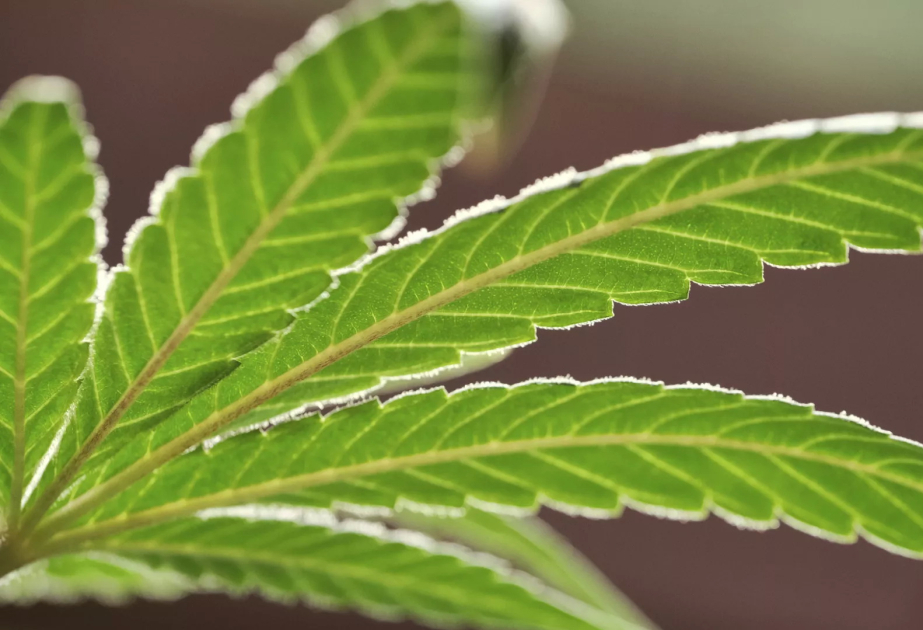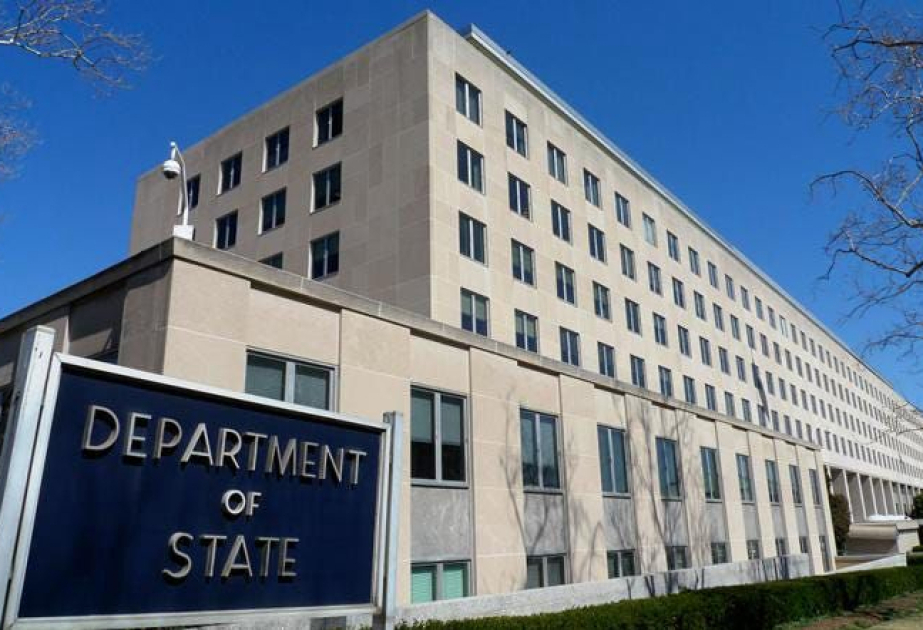A new Ontario study has found “concerning increases” in the percentage of people diagnosed with schizophrenia after receiving care for cannabis use disorders, according to CTV News.
The study, released Tuesday, found that the proportion of new cases of schizophrenia associated with cannabis use disorders (CUDs) has risen from four per cent before legalization to 10 per cent after cannabis was legalized in Ontario.
Ontario residents ages 14 to 65 who are eligible for universal health care were included in the study, which was conducted by researchers at ICES, The Ottawa Hospital, University of Ottawa’s Department of Family Medicine, and Bruyère Health Research Institute.
The study considered three “policy time periods” between 2006 and 2022: before legalizations, after liberalization of medical cannabis, and after legalization of non-medical cannabis. Medical cannabis has been legal in Canada since 2001 but was limited to those with sever or chronic medical conditions. In 2014, that was expanded to anyone with medical authorization from a doctor indicating that they would therapeutically benefit from cannabis.
Non-medical cannabis was legalized in Canada in 2018. According to the study, the number of people in Ontario who required hospital care for CUDs jumped by 270 per cent, from about 1.3 in every 1,000 people before legalization to 4.6 after legalization. Over the same period, the percentage of all new cases of schizophrenia in Ontario patients who had received hospital care for CUDs before their diagnosis increased from seven per cent to 16 per cent. “Our study highlights the growing public health challenge posed by the combination of increasingly high-potency cannabis and rising regular cannabis use,” Dr. Daniel Myran, one of the report’s authors, said in a written statement.
“The tripling of schizophrenia cases associated with a cannabis use disorder over the past 17 years and rising cases of psychosis underscores the urgent need for targeted prevention strategies, particularly for younger populations who appear to be at the greatest risk.” The authors were quick to note that the study “does not settle ongoing debates” over whether heavy cannabis use “can cause schizophrenia.” “Nevertheless, the authors note that heavy cannabis use does worsen symptoms and the prognosis for those living with schizophrenia and caution about the trends observed in the study,” a news release accompanying the study reads.
The study, the authors note, has “several limitations.” The authors said they did not have access to patient’s individual-level income, educational attainment, family history of mental health disorders, or genetics. The study also indicates that “ongoing research is needed” to evaluate long-term trends in the incidence of psychotic disorders associated with changes in cannabis policy, “particularly the commercialization of the legal cannabis market,” which authors note was “not well captured in this study.”


















